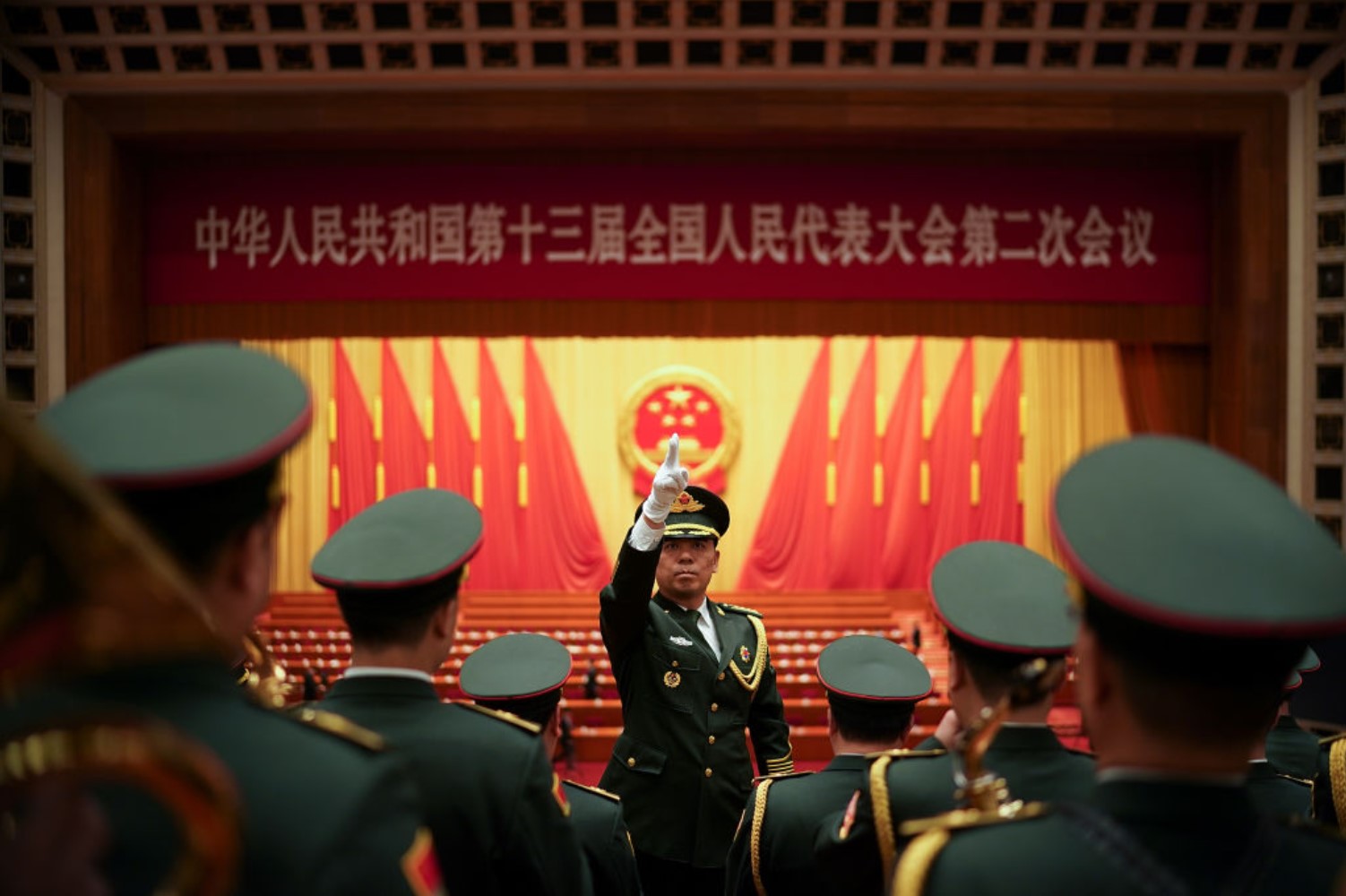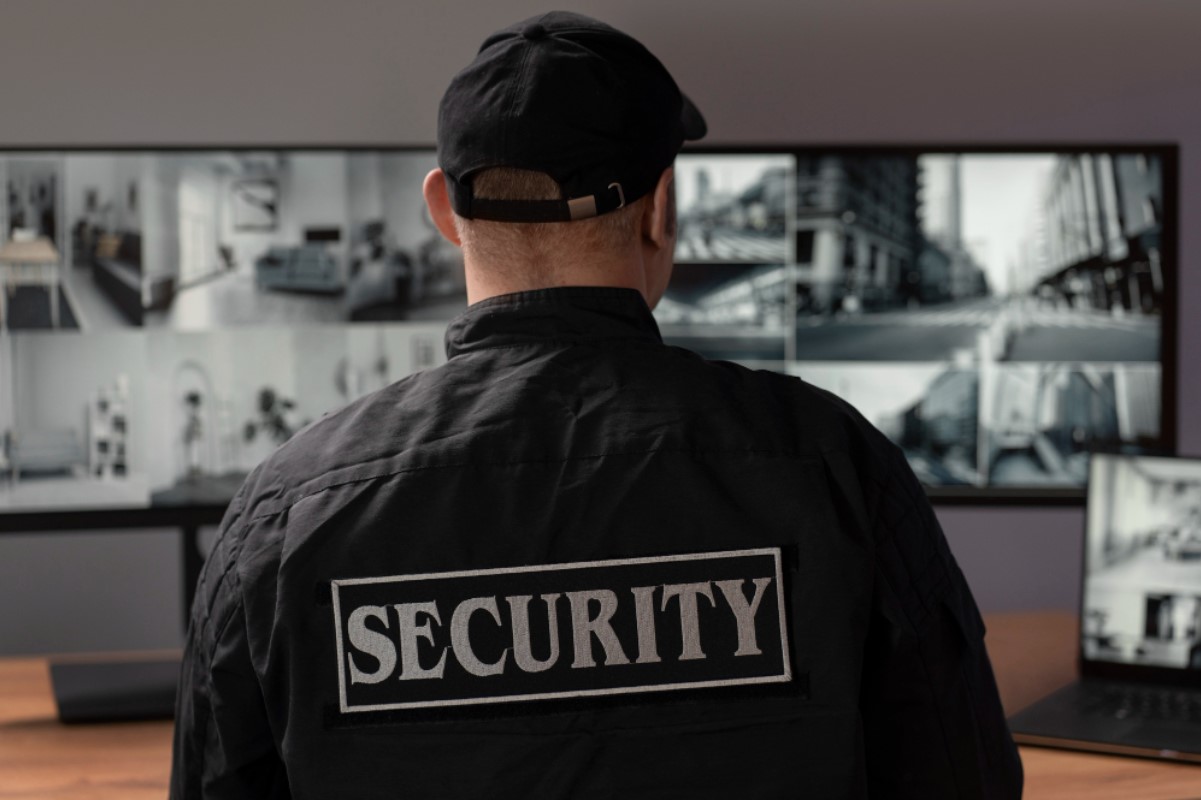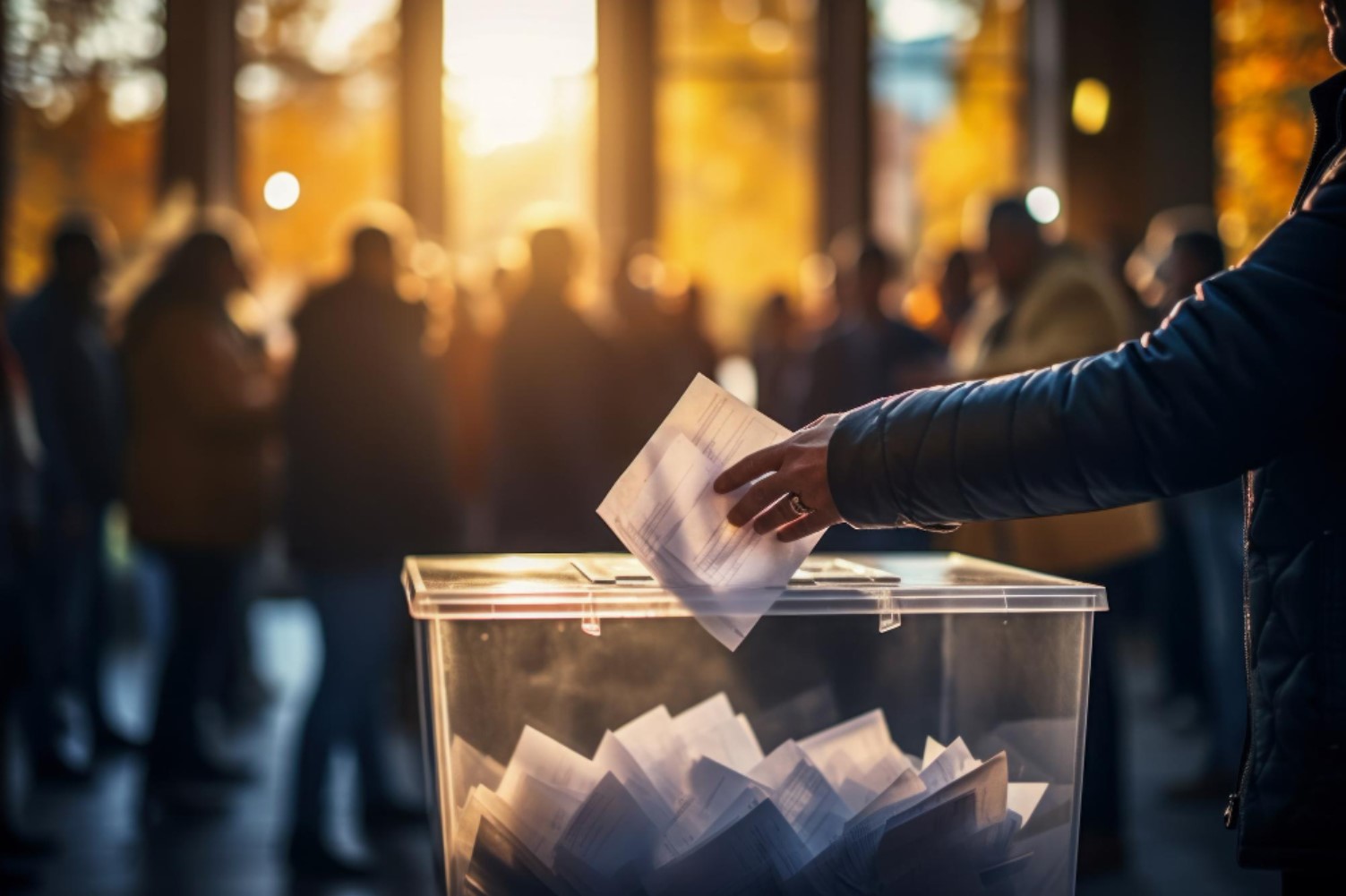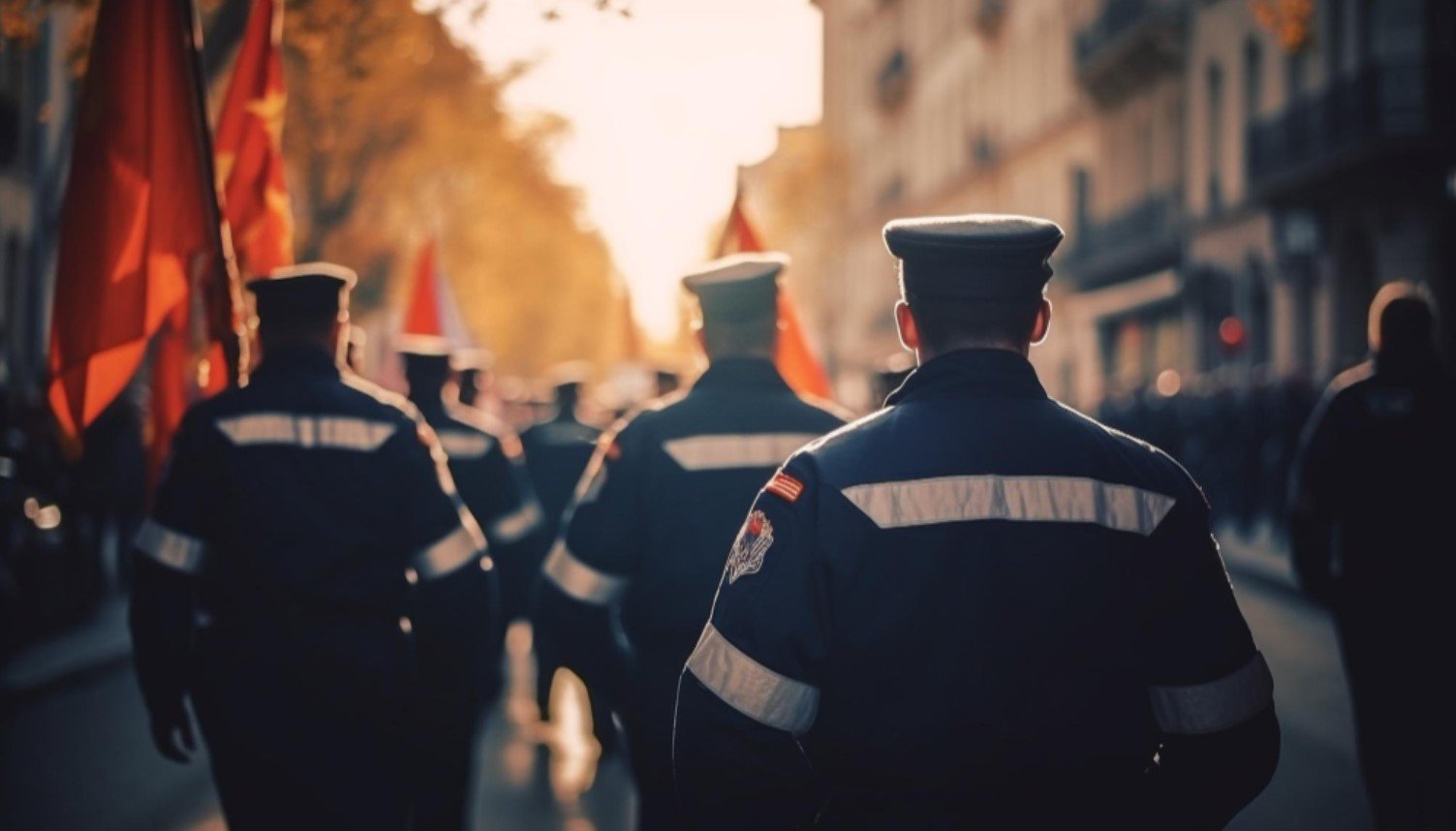In recent years, Canada has been the center of several political scandals, bringing forth the idea that their government is under siege from foreign nations.
From Chinese intervention in elections to campaigns to attack Iranian dissidents, even an assassination carried out by Indian officials, just how vulnerable is the nation of Canada to outside influence?
Canadian Politican Harrased by China

One nation that appears to have a deep hand in Canada’s business is China.
According to Michael Chong, during a testimony with American lawmakers in 2023, China brought forth an intimidation campaign against him after he made several remarks about human rights violations in the Asian nation.
Victims Forced to Live in Silence

Chong revealed that Chinese officials began collecting information about family members living in Hong Kong. They also tried to ruin his reputation by spreading disinformation about him on the popular Chinese social media app WeChat.
“My experience is but one case of Beijing’s interference in Canada,” he said. “Many, many other cases go unreported and unnoticed, and the victims suffer in silence.”
Public Inquiry to Access Chinese Meddling

In February 2024, Chong and various other Canadian officials will partake in an inquiry to examine Chinese interference in the nation.
Portions of the inquiry will also focus on potential interference in elections from other foreign nations influencing India and Russia “and other foreign actors.”
Restructuring the Nation to Eliminate Foreign Influence

Thomas Juneau, a professor at Ottawa University and revered political analyst, believes the problem lies in the neglect of national security in recent years.
“Generally speaking, we have been neglecting national security, intelligence, law enforcement, defense, and so on,” he told the BBC.
Cold War Era Laws

According to Juneau, one obvious problem is the 40-year-old act that governs the Canadian Security Intelligence Service.
Juneau argues this aged act, put into place “when the fax machine was the new thing,” limits the nation’s national security operations.
Canadian Complenacy Plays a Factor in National Security Risks

Former national security advisor Richard Fadden argues Canada has become complacent due to its safe location. The nation is surrounded by oceans and shares a border with its ally, the U.S.
“I mean, nobody is going to invade Canada,” he said. Many experts believe this method of thought has led to natural security leaks stemming from foreign agents.
Diverse Population Leads to Makes it a Target

A Canadian historian with extensive knowledge in national security, Wesley Wark, claims Canada’s diverse population has opened up the door to allowing foreign states to send in undercover agents.
“We are a multicultural society, and we have gone to great lengths over decades to preserve and protect that,” he said. Yet, with such diversity comes the potential risk of bad actors entering the country.
Iranian Regime Harassing Canadian Citizens

Numerous reports of Iranian-Canadian citizens being harassed by foreign agents in their local communities have been recorded by lawyers such as Ram Joubin.
“We’ve had death threats, knock-on-the-door type of death threats,” he said. “And then we have a lot of people with their families in Iran being threatened because they engaged in some sort of activism.”
Coming to Terms with Reality

Speaking in an interview, Richard Fadden admits Canada is finally beginning to realize how vulnerable it is to foreign meddling.
“Despite a deep reluctance on the part of the government to hold a foreign inquiry, they were compelled to do it,” Fadden said. “I think if there hadn’t been that shift, we wouldn’t have an inquiry.”
Interference in Elections Must Stop

According to Fadden, the greatest threat currently being brought against Canada is interference in elections.
“There are two big issues: there’s interference in our elections,” Fadden said. “But there’s also interfering and scaring members of the diaspora in this country, which is a very serious matter.”
Protecting the People of Canada

Fadden finished his interview by suggesting something needs to change to ensure the safety of the Canadian population.
“We have a responsibility to protect people who are in Canada, and I don’t think we’re doing as good of a job on this as we could be,” he said.


